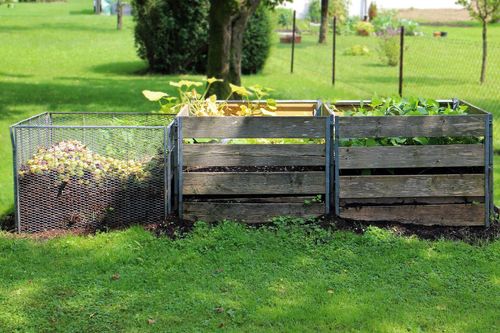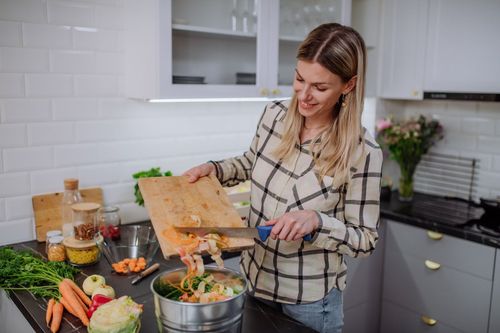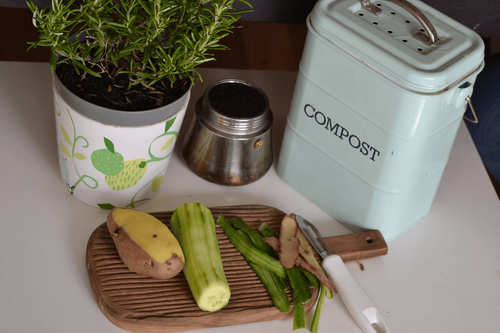The Beginner's Checklist: Everything You Need to Start Composting at Home
6 minute read
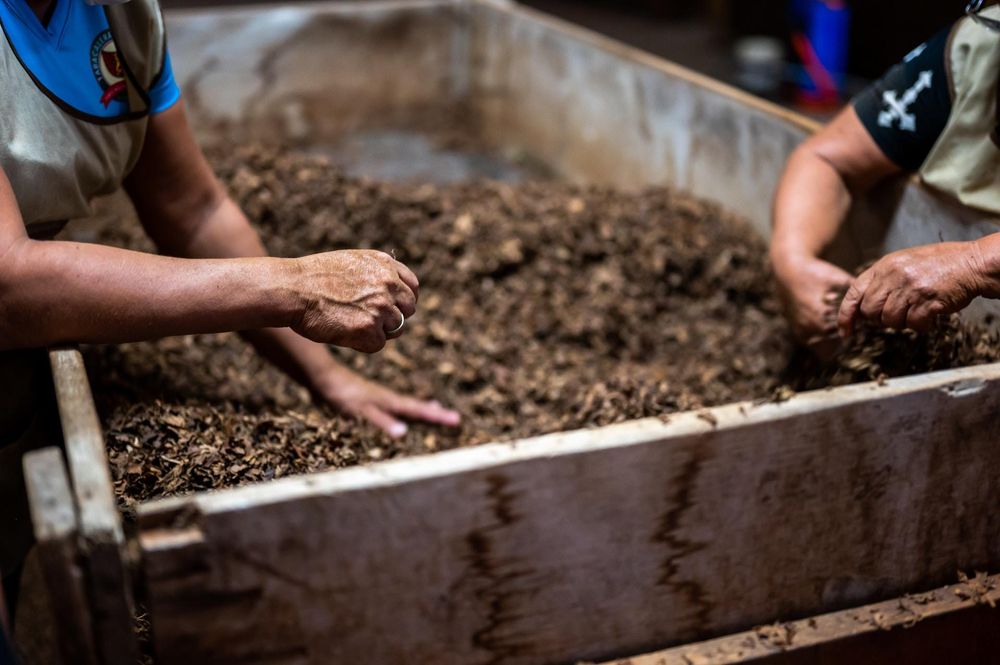
So, you've decided to embark on your very first composting journey?
An excellent decision!
Whether you're a green-thumb enthusiast or looking to reduce your carbon footprint, composting at home is a fantastic initiative and simpler than you might think. It's about turning your kitchen scraps and garden waste into a nutrient-rich plant supplement.
However, like all beginner composters, you're now left with a very important question;
Where to start?
Also usually followed by what tools do you need?
Fear not; we've got you covered. In this beginner's guide, we'll unpack the essentials you need to start composting at home successfully. So, roll up your sleeves, and let's get into it!
Why Composting is Important
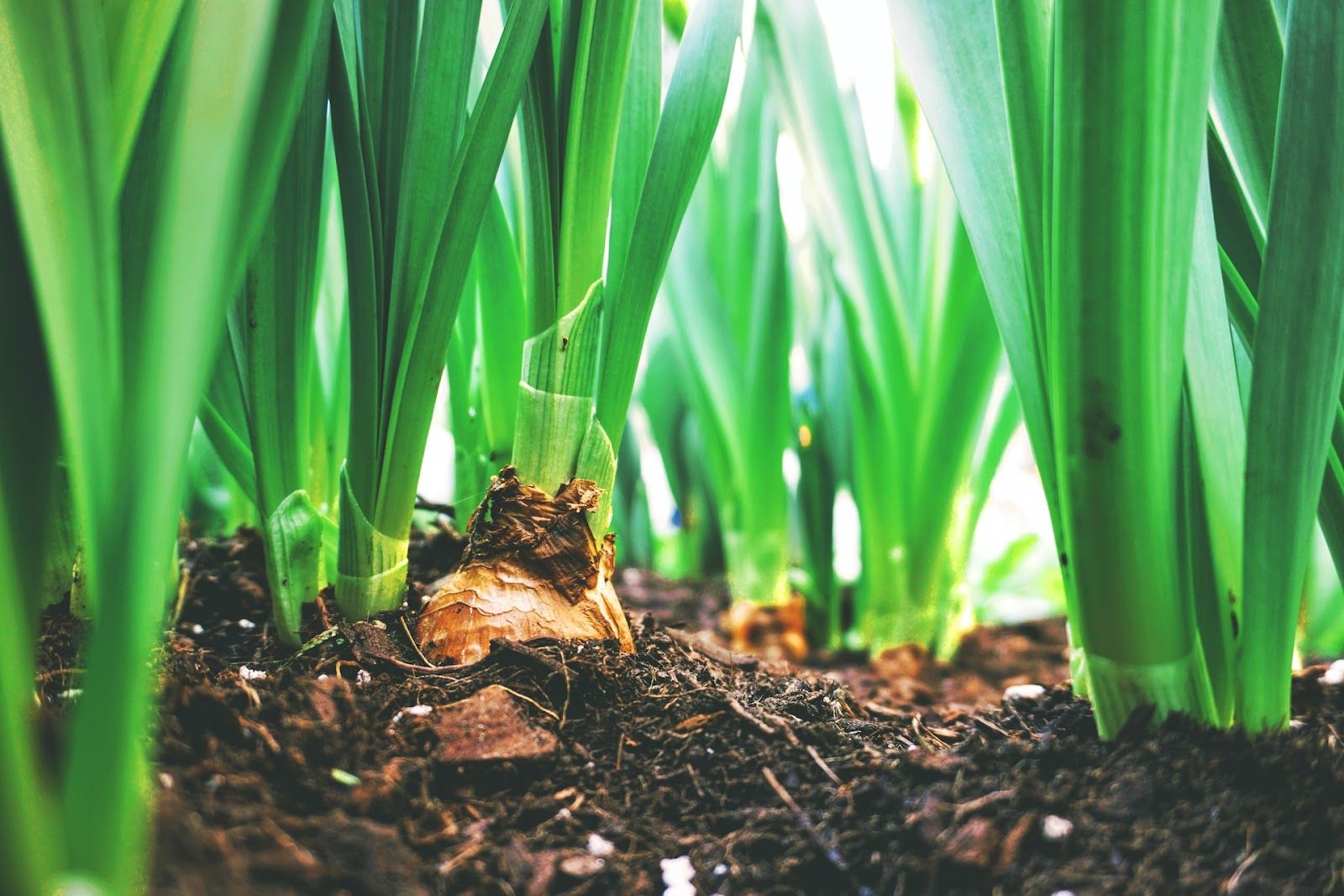
Hey, before we jump straight into the how, it's important to take a moment to think about the why. After all, you'll quickly lose motivation for your hobby and won't be able to overcome the obstacles if you can't see the benefit of doing so.
Fortunately, there are a lot of composting benefits to feel inspired by.
For starters, composting is nature's way of recycling.
By composting your organic waste, you're diverting it away from landfills, which takes up space and generates methane, a potent greenhouse gas. Not only does this help reduce your carbon footprint, but it also conserves resources and reduces pollution.
In the realm of gardening and agriculture, compost is pure gold.
It's loaded with nutrients essential for plant growth, including nitrogen, phosphorus, and potassium. When added to soil, compost improves its structure, enhancing its ability to hold water and enabling better root penetration. It also encourages the proliferation of beneficial microorganisms that help break down organic matter into nutrients that plants can absorb.
Beyond the direct environmental and garden benefits, composting also empowers you to take an active role in waste reduction.
It's a gratifying way to contribute to a more sustainable future directly.
So, your compost pile isn't just a heap of decomposing organic matter—it's a testament to your commitment to the environment and a flourishing garden.
It's clear that the question isn't just "Why compost?" But "Why _wouldn't _you?"
What You Need for Composting
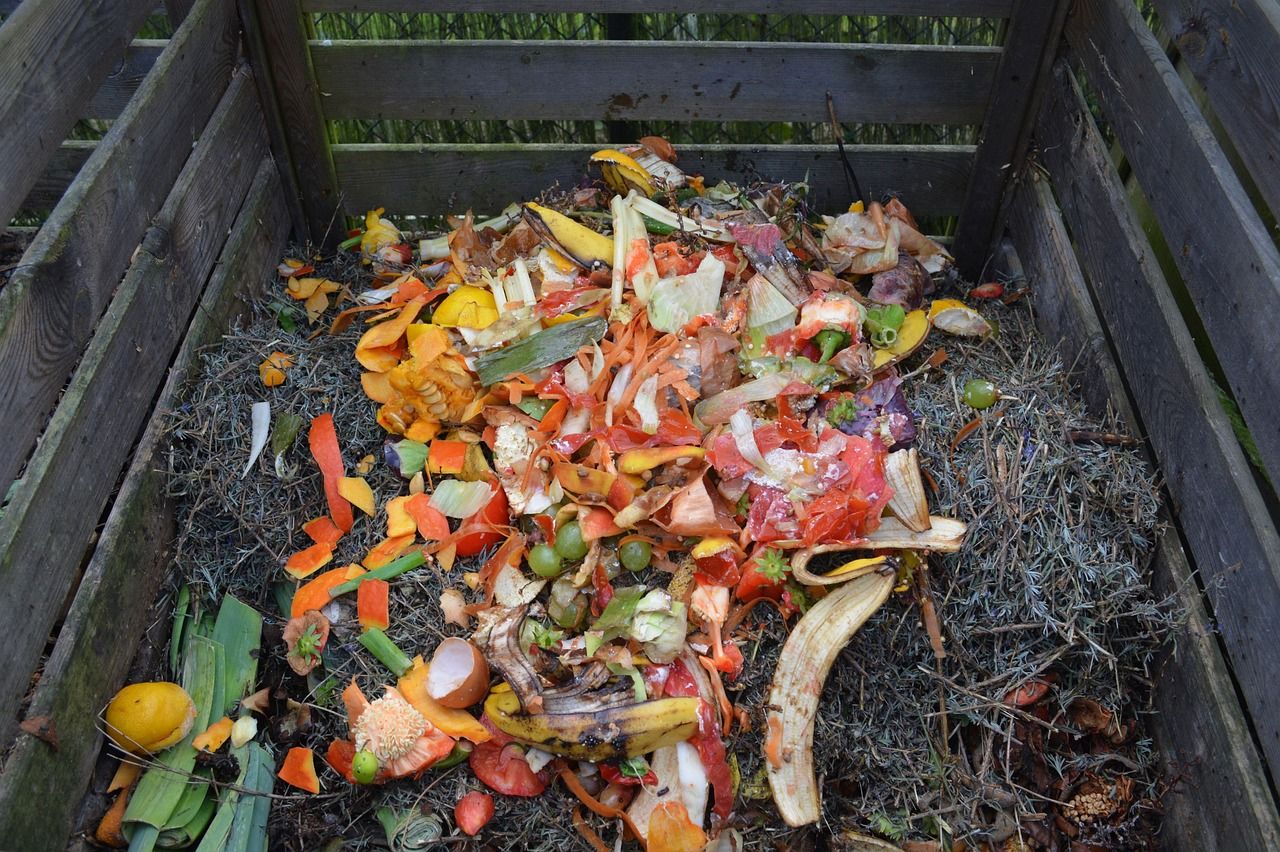
Before you start composting, you'll need some essential tools and materials to ensure the process goes smoothly. Sure, you could technically just get yourself a box or area and start putting your peelings and natural waste there.
Sure, that would work, and you’d get compost over time, but you risk your composting ventures being messy, contaminated, and unproductive. For the best results, you’ll want to set up your efforts in the right way.
Here's a checklist of what you'll need:
- Compost Bin or Pile: You can use a ready-made compost bin or build your own compost pile in the backyard. Ensure your bin or pile is in a dry, shaded spot and has easy access to water.
- Brown Waste: These are carbon-rich materials like dead leaves, branches, and twigs. They provide the compost with the necessary bulk and help with air circulation.
- Green Waste: This waste is rich in nitrogen and includes items like vegetable scraps, coffee grounds, and fresh grass clippings. They help speed up the composting process.
- Water: Water is essential for composting. The compost pile needs to be kept moist but not soaked.
- A Compost Aerator or Pitchfork: This tool will help you turn your compost pile, ensuring all parts of it get enough air and break down efficiently.
This is not an exhaustive list, but it's a great starting point for beginners. Remember, the key to successful composting is balance. If you are, however, looking for a more complete experience, you may want to look into tools for composting like:
- Composting Thermometer: This tool helps you monitor the temperature inside your compost pile, ensuring it stays between 110-160°F, which is the ideal range for efficient decomposition.
- Tumbler Composter: A tumbler composter is a rotating bin that makes turning your compost effortless and keeps pests out. They also provide better insulation for faster composting.
- Compost Sifter: Once your compost is ready, a sifter can help separate the finished product from any larger materials that haven't entirely decomposed, giving you a fine and even texture for use in your garden or yard.
Now that you have all the necessary tools and knowledge, it's time to start composting! Remember to balance brown and green waste well, keep your compost pile moist, and turn it regularly.
Steps to Start Your Composting Adventure
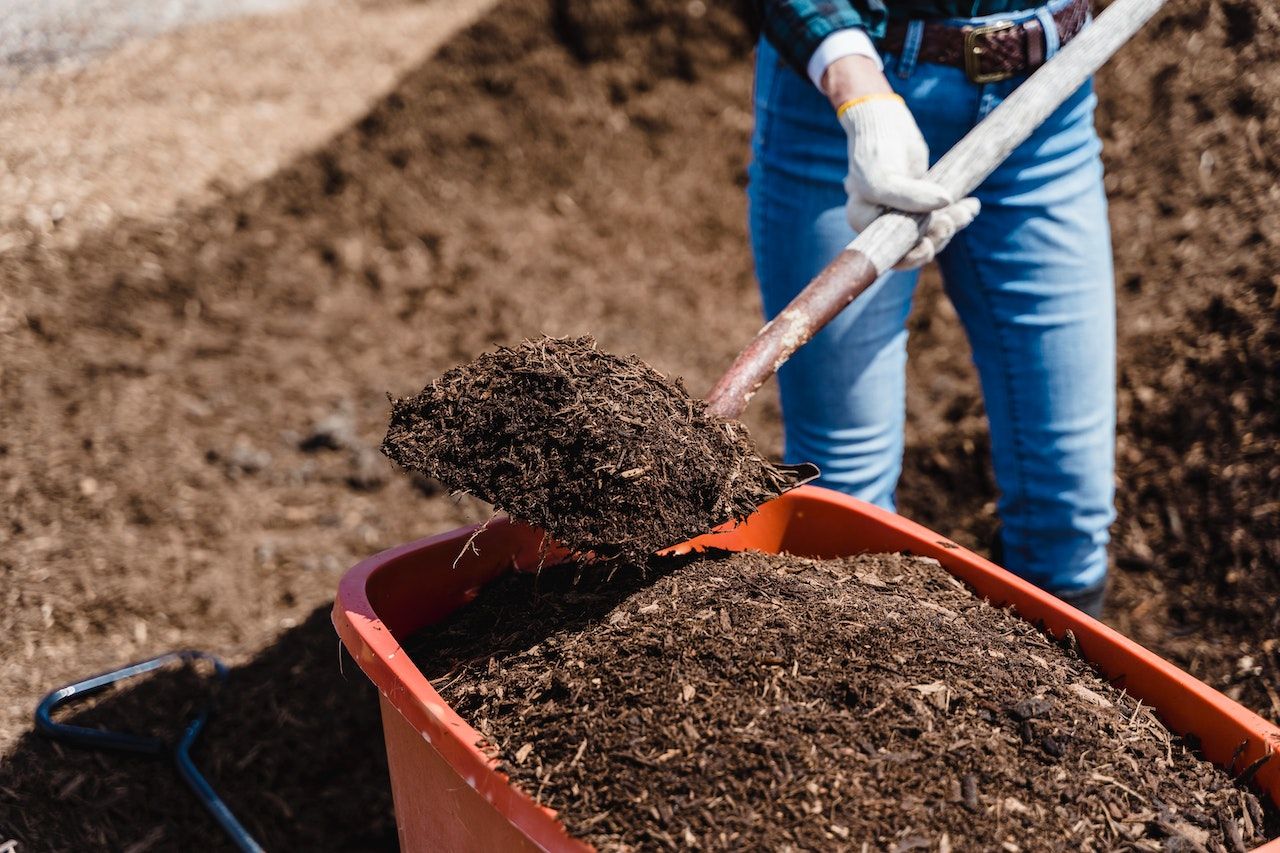
Starting a compost pile doesn't need to be daunting. Here's a step-by-step guide to get you started on your journey towards sustainable living.
- Choose the Right Spot: Select a dry, shaded area near a water source for your compost pile or bin. An area with good drainage will ensure your compost stays moist but not waterlogged.
- Start Your Base: Begin with a layer of browns for your compost's base. Browns are carbon-rich materials, like dead leaves, branches, and twigs. This layer helps with drainage and aeration.
- Add in Your Greens: After the layer of browns, it's time to add the greens - nitrogen-rich materials such as vegetable waste, coffee grounds, and grass clippings. These materials speed up the composting process.
- Water Your Pile: Moisten your compost pile. It should be damp but not soaked. If it's too wet, add more browns to help soak up the excess moisture.
- Turn Your Compost: About once a week, use your compost aerator or pitchfork to turn the compost pile. This ensures every part of the pile gets enough air and breaks down efficiently.
- Monitor Compost Temperature: Use a composting thermometer to keep track of the temperature. It should be between 110-160°F for efficient decomposition. This is ideal because the temperature will kill any diseases and weeds in your pile!
- Sift Your Compost: Once your compost looks dark and rich in color, it's ready. Use a compost sifter to separate the finished compost from any larger, uncomposed material.
And voila, you've started on your composting adventure! With the right balance of green and brown waste, regular turning, and correct moisture, you'll produce rich, fertile compost for your garden in no time!
Managing Your Compost Pile
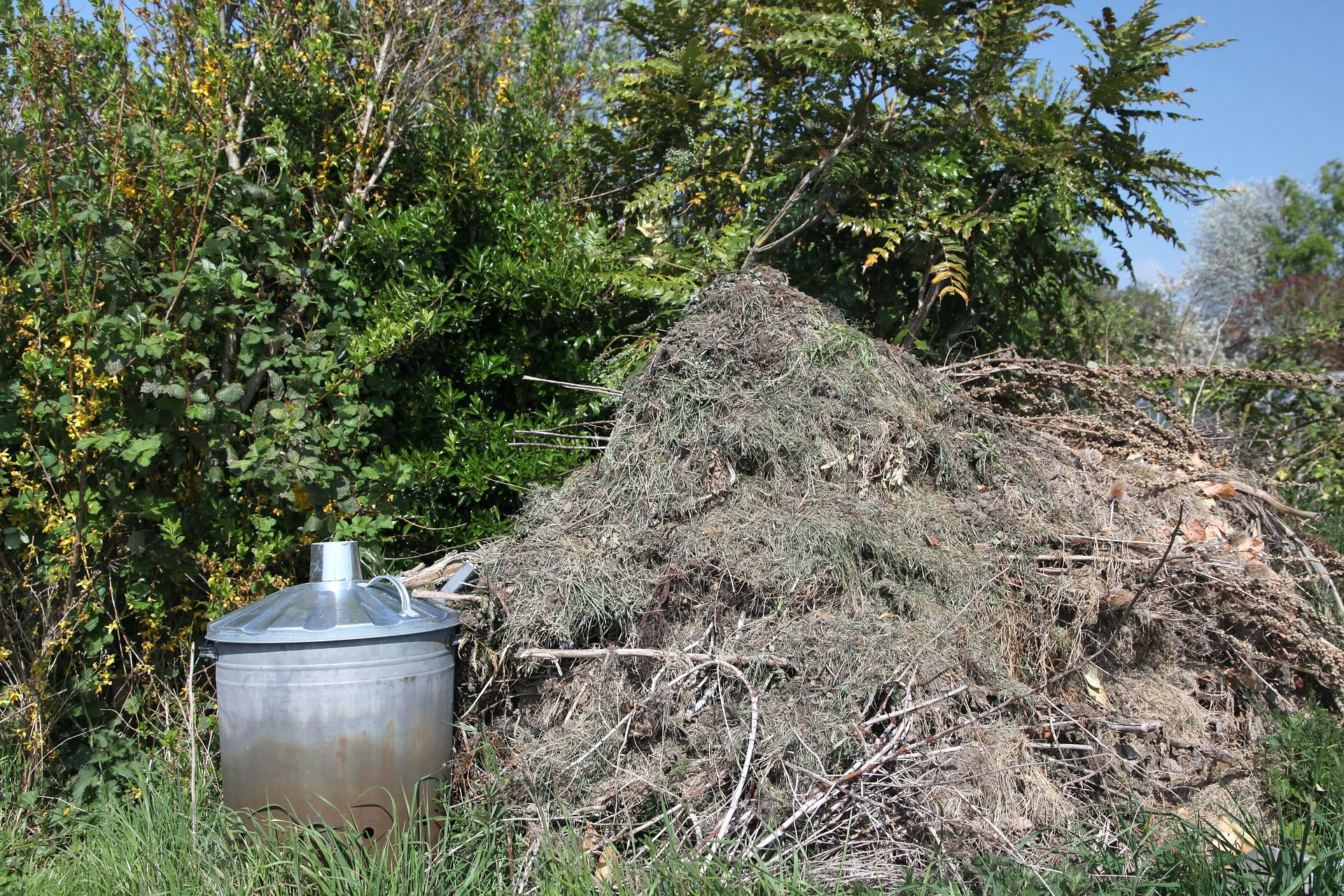
Caring for your compost pile is crucial for successful composting.
Turning your compost is an essential maintenance task that needs to be done regularly, ideally once weekly. This helps aerate the pile, ensuring every part gets enough air and allows the materials to decompose efficiently.
Watering your compost is also essential. The pile should be kept moist but not waterlogged. If it becomes too wet, add more browns to balance the moisture level.
But what if problems arise? Don't fret - they are often easy to fix.
For example, if your compost pile smells, it might be too wet or contain too many greens. Simply add more browns and turn it more frequently. If your compost pile isn't heating up, it may lack nitrogen. In this case, add more green materials.
Remember, successful composting is all about balance - between greens and browns, moisture and air. It will take a bit of trial and error, but with practice, you'll become a composting pro in no time.
Conclusion: Embrace the Composting Lifestyle
Composting is more than just a hobby—it's a lifestyle choice that brings numerous benefits to your garden and the environment. It may seem daunting initially, but remember, every composting journey starts with a single step.
Get your hands dirty, experiment, learn, and grow.
Embrace the art of recycling nature's way.
Happy composting!
Oh, and don’t forget to check out the rest of our articles for more amazing composting advice! See you there.
